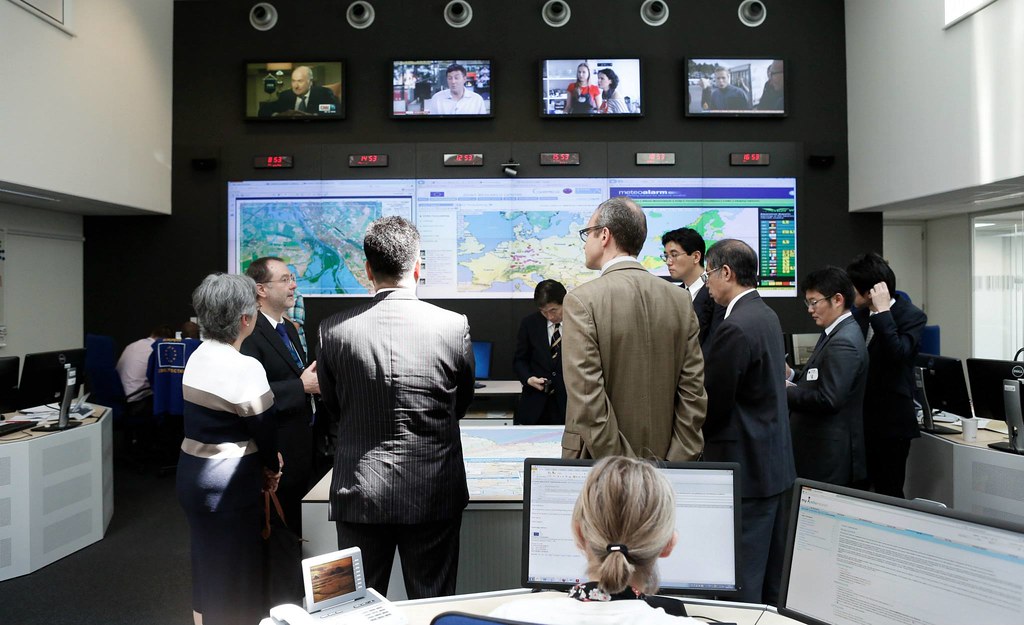
Management is different from leadership but just as important. To understand the properties of management, we must be clear how the difference is from leadership. The first step in answering the question: “What is management?” is to understand the basic tasks of all organizations. Like other species, an organization needs to take care of business survival directly but also must evolve to ensure its fitness to overcome environmental changes and competing species.
Management is a function that regulates the implementation of the current business. Leadership is an evolutionary mechanism that changes the organization to prosper in the future world. Every time individual species or animals experience obstacles, variations occur and the new form is selected from these variations. Leadership is a type of action to take risks that explore new borders and promote a new way of behavior. Therefore, in a stable environment, good management is all that is needed for prosperous; Leadership in this context is not needed.
This portrayal is not the popular where leadership means being a top dog in the group regardless of what happens in the environment. Also, management has been cast on a pile of garbage since the late 1970s following the initial wave of Japanese commercial success in the west. We wanted scapegoats because of our failure to compete with Japan, and management fingers for this role. Jack Welsh, Tom Peters and other Gurus calls for more leadership and ending management, which they see as hatching innovations. The reality is that the lack of competition creates self-complacent attitude and unfinished management. That is the way the management is practiced that is the problem, it has nothing to do with management as a function. We only need to improve management for new realities.
Being a hierarchical basically and tends to worship heroes, we tend to assume the person responsible for our group as a leader. But the complexity of demanding specialization and executive needs to do some roles that depend on the unique demands of their situation. If their main function is to maintain quality, low cost and good customer service while motivating employees to do their potential, they do management functions, do not show leadership.
Management such as investment. Managers have resources to invest – their own time and talents as well as human and financial resources. The aim or management function is to get the best resource return by completing something efficiently. This does not require mechanical. The manager’s style is a contextual problem. With very skilled and motivated knowledge workers, managers can be very empowering. Where labor is less skilled or motivated, managers may need to monitor the output closer. By saying that management is a function, not the type of person or role, we should take into account the managed work team where no one is responsible. Managementet only utilizes all the best resources even when we manage ourselves. Therefore management does not always need dictatorial, control the supervisor. Skilled managers know how to train and motivate various employees. Completing something through people is what they do.
The management objectives are to provide cost results effectively in line with customer expectations and profitable, in terms of commercial organizations. Not only leaders can inspire. The leaders who inspire move us to change direction while the manager inspires us to work harder.
Management is a vital function thanks to the complexity of the life of modern organizations. The need to coordinate input so many diverse stakeholders, experts and customers need very large patience and highly developed facilitative skills. Excellent managers know how to unite the right people and, by asking the right questions, interesting the best solutions from them. To facilitate well





